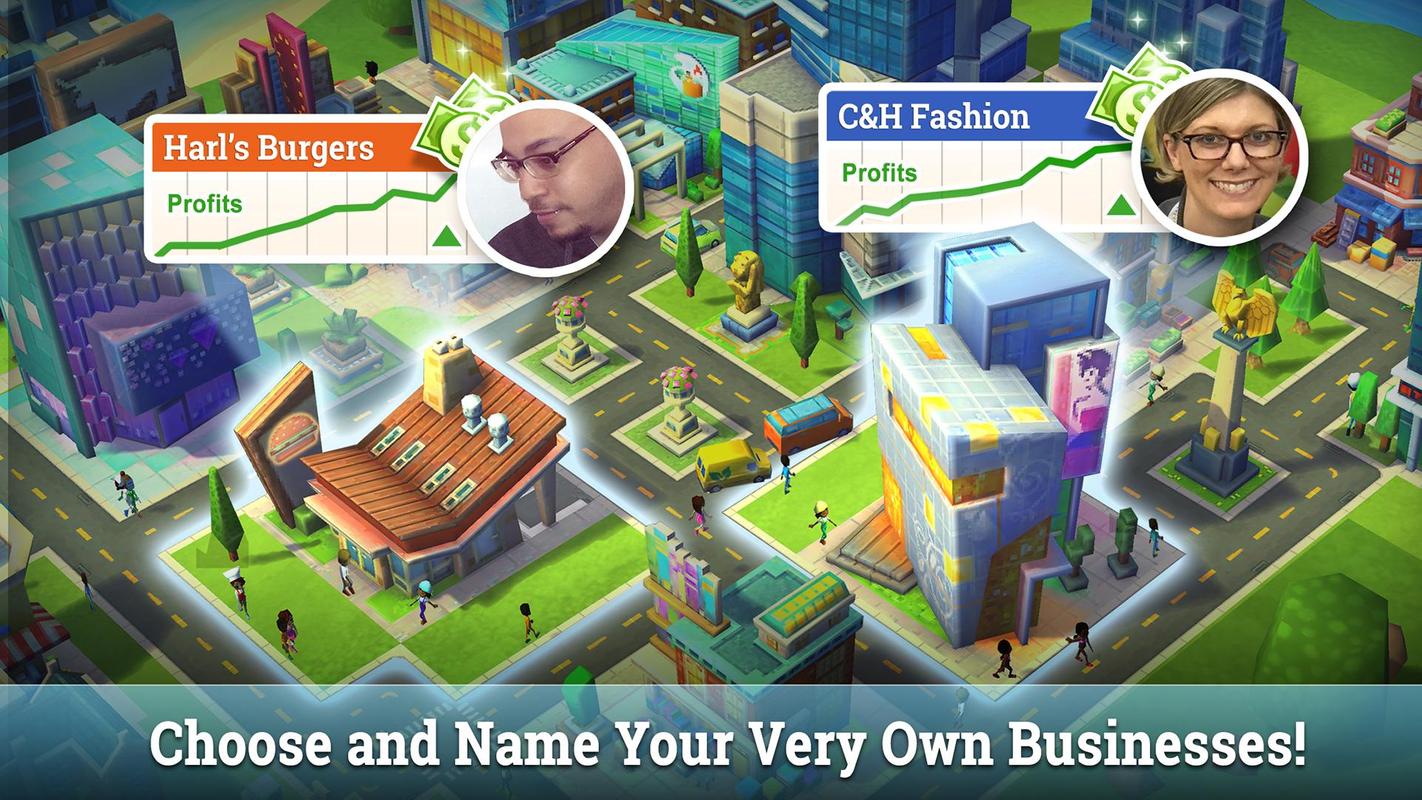

Games like CityVille or FarmVille 2 are full of these kinds of mechanics: visiting your friend's city or farm, helping them out, growing something on the board together. In addition, social games have been very successful at engaging players in a cooperative and collaborative way, where players help each other out and work together. This is one area that will definitely see a lot of experimentation. But it's harder when it's all mediated over the Internet - there is all this out-of-band communication, like trash talking and one-upsmanship, that's absolutely crucial to the enjoyment, but hard to convey in an asynchronous game. Some games like Words with Friends are going in that direction, and doing it very well. Do you see social games changing or evolving in terms of how they engage players at different ranges of the emotional spectrum? Do you think they're doing work now that the rest of the industry ought to emulate or take inspiration from? RZ: This kind of "friendly competitiveness" that you mention, such as the family Monopoly night, is incredibly fun, and incredibly difficult to pull off. PM: What you said about playing social games with old friends and family struck me I rarely play video games with my family, but whenever I'm in a relatively casual game session (think family Monopoly or something) I'm always surprised by how hyper-competitive the people who don't play video games get, and balancing competition with maintaining goodwill (and making a game playable for everyone at the table, without making the losers feel like, well, losers) ends up being part of a fascinating meta-game layer. We might not call them "social games" ten years from now, but they will continue to be, in fact, quintessentially social. For computer games, it's a new way of thinking about them that is just catching on, not wrapping up. This is where I think games will continue to thrive. And it's surprisingly fun to keep in touch through games. And maybe it's a matter of age, because when I was in my twenties I didn't care about reconnecting with old friends and family. Multiplayer games for "core audiences" don't come anywhere close to this kind of an experience, especially when you play against complete strangers. Fun in those games comes from these social interactions, and I think the same goes for social games online. There's another piece of the experience that you get by sticking that "draw-two" to your mother, or teaming up your armies with your cousin to make sure that your overly confident sibling goes down in flames. But when we play a game of Uno or Risk with family members, the game artifact itself is only a part of the experience. It reminded me of the awesome experience of playing cards at the kitchen table, and all the chatting and bickering - which we can't do anymore, because we live thousands of miles apart. Robert Zubek: It's been wonderful to play CityVille with old friends and family who don't typically play games, or identify as gamers. How do you think future social games will change the way players engage with their friends in-game? Do you think it'll still make sense to talk about "social" games ten years from now? Patrick Miller: Much of your work has been in social games, which have as a genre been commended for successfully attracting a new-to-games, non-traditional audience, and criticized for relying on a rather "shallow" definition of "social" compared to, say, multiplayer games for core audiences. I spoke to him about how social games will change and evolve in the next era of social networks - and why Minecraft really might just be emblematic of the most important emerging trends in games.

Between his work at Zynga engineering CityVille and FarmVille 2, and his current work as founder of indie mobile sim studio SomaSim Games, it's safe to say that Robert Zubek has a good handle on what's coming up next on the tech side of the games industry.


 0 kommentar(er)
0 kommentar(er)
